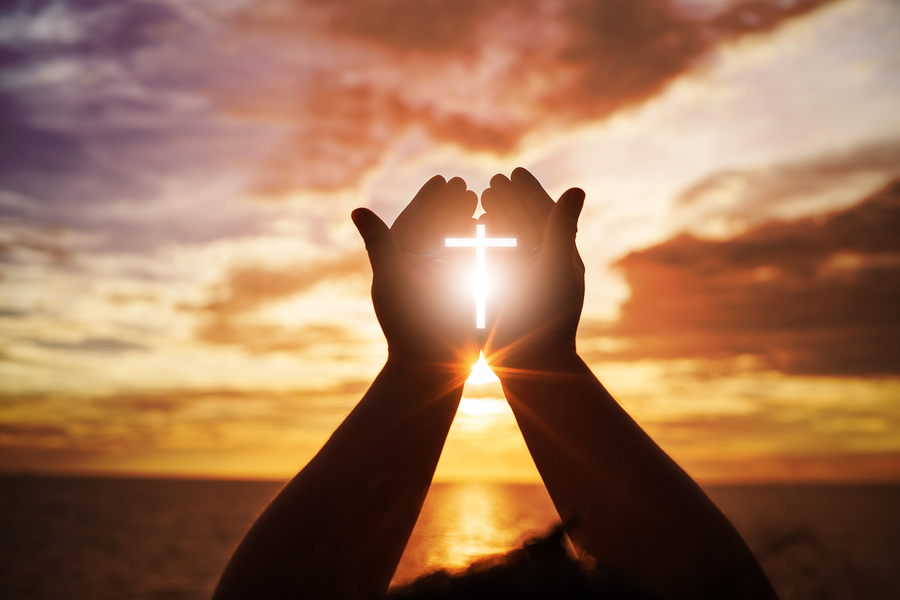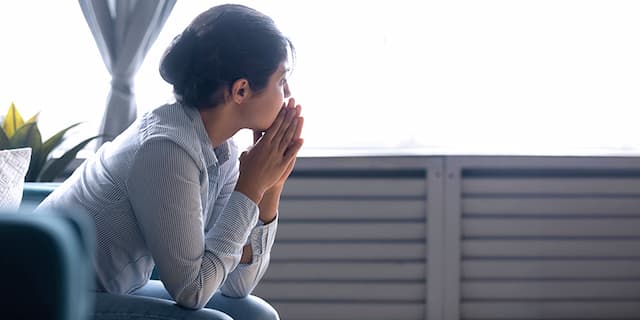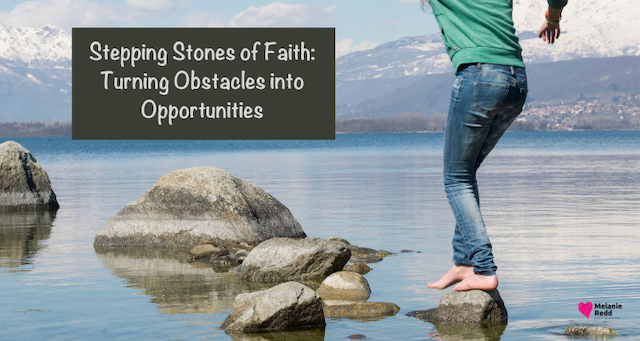Religion Begins with Experience - Lin Wilder

Religion begins with experience
Religion does not start out with the notion of God. It starts with a personal experience, the overwhelming experience of ultimate belonging.
On the wall of the bathroom off the foyer in our new—to us— Texas home hangs a frame with two pictures side by side. They reveal two views of a snowy cross-country skiing mountain path in Banff , Canada. The photograph on the right shows a mountain stream, with snow-covered rocks. If I squint and use my imagination, I can see the image of a solitary bird.
Pretty. Even arresting but one might wonder why they’re framed. And on display.
I came late to religion—converted after decades of hostility toward the church and all things religious. The conversion in a Benedictine monastery felt sudden, but in a sense it began on that mountain path. Alone on that trail, abruptly, I was stopped still.
By that stream, the bird, maybe a snow bunting, stared at me in the stillness. Wholly undisturbed by my presence, even perhaps, welcoming it. The only sounds were the cracks of the ice and the whisper of a breeze through the huge evergreens. Had I been agile enough on my skis, I’d have dropped to my knees in awe. Instead, I stood still, drinking in this shockingly tangible sense of order, immensity and majesty.
And yes, the jaw-dropping gratitude that I was part of Something.
A few years before, I’d begun writing poetry in an effort to deal with an increasing unease. A sense that all that I’d been doing, at my work, at school was nothing. Meaningless.
I was in pursuit of what I couldn’t name.
One of the first of the poems, I called “Belonging.”
Belonging
Is there a place called home
Where memories and tradition await
Patiently hidden in places made deep
By relentless pursuit of useless truths.
Do we come trailing clouds of glory
Only to don the actors pose
And spend too many years and tears
Reclaiming wisdom lost so long ago
Saved finally by the knowledge
That human truth is shadow and illusion
Yet uplifted by one hope and prayer
That pure path toward peace and
Understanding lies patiently waiting
For our gaze to turn back to the
Place where we began.
The moment staring back at the bird could have been one second. Or a year.
Because of it, something changed, I couldn’t name it nor could I really describe it to anyone.
In his splendid article, Brother David asks what we do with that experience. We do, he insists, three things. We do something with the emotion, we accept in some form, the sense of belonging and we celebrate it.
I’m not sure I’d describe my reaction in precisely that way but all these years later, the photos are displayed.
The article warrants a careful read.
Brother David’s main point in writing this piece, Religion of the Heart, is to remind us of the power each one of us 7.5 billion souls hold. A power not to tear down, attack, or destroy but to create.
If we choose to.
“I’d like to invite you to give some thought to a particular problem. Why are our responses to the ethical problems of the present time so singularly ineffective and anemic? I’ve asked myself many times, why is this so? I think of one reason, at least, and I’d like to suggest that to you tonight.
Our ethical approaches are uprooted from their religious roots. They are cut off from their religious sources. A great task before us is, therefore, to reroot our ethics in religion…I’m not talking about the religions, but about Religion. This Religion which underlies all the different religions — from which all the different religions spring — is the religion of the heart.”
This piece is jam-packed with wisdom. But I’m struck by the monk’s admonition to us about the second commandment. The Bible doesn’t say, “Love your neighbor as you love yourself.
The command instead is “Love your neighbor as yourself.” Because we’re one, despite our heartbreaking, polarizing differences.
That day on the mountain path when everything changed, that was what I knew.
Not sensed.
Not thought.
Knew.
We’re one, all of us.
During these tumult-filled days,
the list of reasons to hate rise exponentially almost daily. And many of us succumb to the hatred, armed to the teeth with moral outrage.
Reflecting back on my incremental, almost inch-by-inch crawl back to God, impels me to see everyone else somewhere on that same rocky, risky path. Everything anyone else does or thinks, I’ve done—or thought of.
But once we know, we must not be silent.
“For a long time religious traditions have known that the highest obedience is the obedience of the prophet. The prophet is one who learns so thoroughly to listen that he or she hears what to say, how to speak out, within the community, but against the trend of the community.
‘It is necessary to speak out from within because if you speak out from the outside, you are not a prophet, you’re just an outside critic. You must be part of that community, but you must also speak out. Either of the two alone would be relatively easy. It would be easy to stay in, if you could shut up. Yet, the two have to come together: to stay in and to speak out. Where these two come together, they form the cross of the prophet. The staying in forms the vertical beam, as it were, and the speaking out forms the horizontal one.
“In our innermost heart we can tap a source of power strong enough to counteract the forces that threaten this good green earth. And we need every bit of energy we can get to put it to work for the goals for which we stand here. What we can achieve is not the question.”





